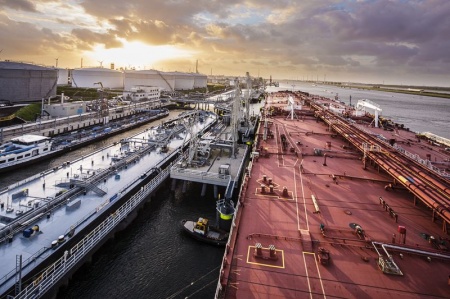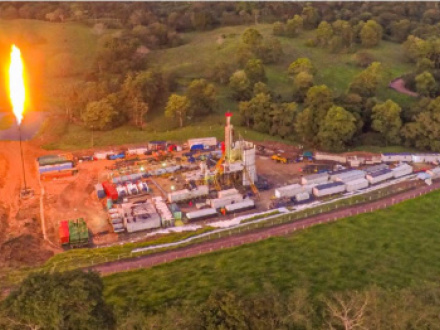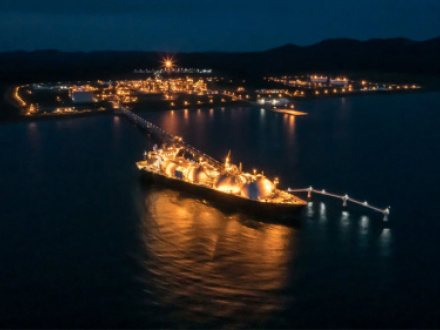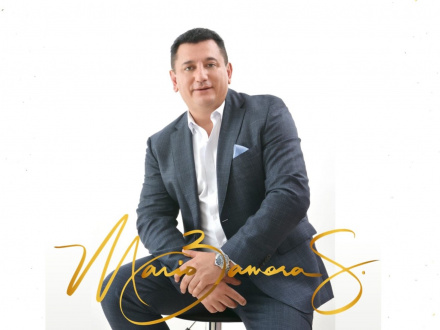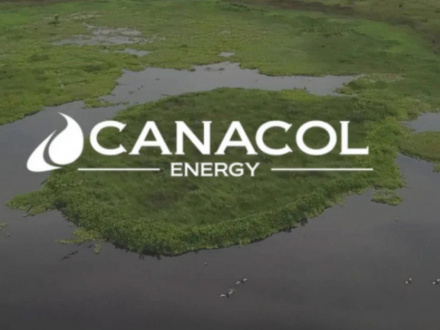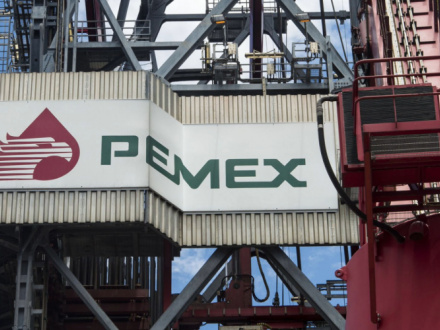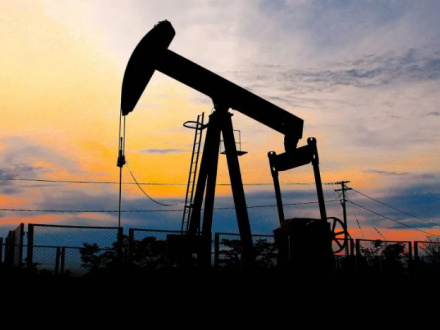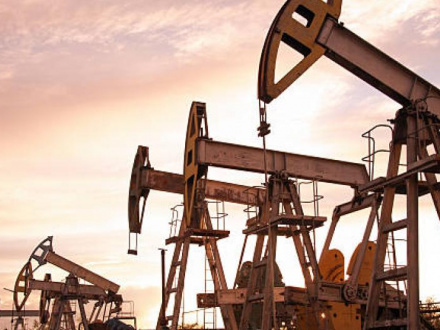Could the Dutch gas market become the world's most important?
LONDON (Bloomberg) -- Intercontinental Exchange says its Dutch natural gas market has the potential to become a world beater in energy trading.
When the owner of the New York Stock Exchange bought an energy bourse in Amsterdam seven years ago, the Netherlands was just one of several regional markets dominated by the UK. But roles reversed as the region increased imports and utilities adopted contracts in euros to peg imports from Russia, Norway and far-flung places via liquefied natural gas tankers.
And with Brexit curbing UK activity, trade on the Dutch Title Transfer Facility, as the market is known, is surging. Volumes have jumped 13-fold in the past four years on ICE Endex and TTF has cemented its position as Europe’s most important hub for the fuel.
But ICE, which took control of the Brent futures contract when it bought the International Petroleum Exchange in 2001, has loftier ambitions than that. The company is seeking to develop the market into a global benchmark akin to the crude marker, said Gordon Bennett, ICE’s managing director of utility markets.
And while the value of open positions on its gas market is today only about 5% of its Brent contract, volume is far from peaking, he says.
“It will become more important,” said Bert den Ouden, who founded the company that sold its Endex unit in 2012 to ICE and is now managing director for energy at consultant Berenschot Holding BV. “It was already clear at that point LNG would become very important.”
The fuel has since the 1960s been linked to U.S.-dollar denominated oil in sales contracts, but the emergence of the Dutch market as the regional benchmark enabled utilities to seize more control over how they pay for the many billions of euros of gas imported every year.
Utilities from EON SE to Engie have reworked contracts through arbitration with Russia’s Gazprom PJSC to insert links to European gas prices. New LNG deals are also increasingly referencing the Dutch market and TTF is now used in Asian trades, too.
Massive bill
And while the euro is gaining prominence in energy trading, less than a fifth of the European Union’s 300 billion-euro ($339 billion) annual oil and gas bill is priced in the regional currency. The EU is trying to boost the use of the currency in everything from commodities to foodstuffs and transport to make companies less prone to international disputes and easier to finance, the commission said in December.
ICE Endex is also making its market more attractive. The futures curve was in June extended by a year so that traders can buy and sell as long as six years in advance. That’s still short of the 10 years offered in the U.S. Henry Hub market, and Bennett expects to add even more contracts in the future to meet customer demand.
To be sure, about three quarters of mainland Europe’s gas trades are still handled bilaterally between brokers, according to data published last month by Trayport Ltd., the main trading platform.
But a surge in LNG output from the Americas is providing a big opportunity for TTF. Almost a fifth of European supply has come from the U.S. in the past three months, an unprecedented number.
And for U.S. sellers, the two primary basins to supply are Europe and Asia, and the price difference between Asian spot and hub prices in Europe will shape where their volumes are directed, said Macquarie Group oil and gas analyst David Hewitt.
“The prevailing TTF price environment this year will be an important focus for the global LNG sector,” he said.
Other hubs will remain contenders. U.S. futures trade advanced about 6% to a record last year on CME Group’s Henry Hub, based on aggregate monthly futures. Transactions in ICE’s JKM contact in Asia rose to a record in January, but it’s a lot less liquid than its Dutch market.
ICE began offering on March 4 options for its Japan-Korea Marker LNG (Platts) contracts, the exchange group said today in an emailed statement.
Having a global price for gas only makes sense if the various regional markets are more integrated, according to Tor Martin Anfinnsen, senior vice president for marketing and supply at Equinor ASA of Norway, Europe’s second-biggest supplier. “I think we are nowhere near that.” No one hub will “reign supreme,” he said.
And TTF’s position in Europe isn’t completely unassailable, according to both Macquarie and Equinor. Germany’s plans to build out infrastructure with LNG terminals and a second pipe from Russia opening by the end of this year could spur more trade and potentially challenge the Dutch market.
Still, ICE’s Bennett isn’t too worried. Germany, while bigger in terms of consumption, remains much smaller than TTF in terms of traded volume. And it’s fragmented over several exchanges.
“The horse has already bolted,” Bennett said.
By Mathew Carr
Find it in worldoil.com
Link: https://www.worldoil.com/news/2019/3/8/dutch-gas-market-could-become-worlds-most-important
Etiquetas
Publicado por Juan Esteban Jaramillo Velez
Noticias relacionadas
Por PhD Mario Fernando Zamora Santacruz Colombia, un país que durante más de cuatro décadas se enorgulleció de su autosuficiencia gasífera, enfrenta hoy... Leer más
Una red de denuncias judiciales y testimonios ha revelado presuntas irregularidades en la cesión de un contrato de explotación de gas en el Bloque Sinú-9, ubicado en... Leer más
Importaciones de petróleo de la India en julio, su nivel más bajo desde septiembre de 2023. Las importaciones de petróleo ruso de la India disminuyeron en julio tras un... Leer más
Por PhD Mario Fernando Zamora Santacruz El panorama energético global se encuentra en una encrucijada marcada por la contradicción. Después de años de promesas... Leer más
La iniciativa ha sido rediseñada para convertirse en un pilar de la producción gasífera colombiana en los próximos años. En su más reciente conferencia... Leer más
El financiamiento de los seis bancos más grandes de Wall Street para proyectos de petróleo, gas y carbón cayó un 25% en los primeros siete meses de 2025. El... Leer más
México autoriza el fracking para recuperar su producción petrolera, marcando un cambio en su política energética. En un giro radical en su política... Leer más
El Congreso Colombiano de Petróleo, Gas y Energía, ha sido el medio desde hace más de 37 años para que las compañías operadoras, las... Leer más
Parex Resources anunció sus resultados financieros y operativos del segundo trimestre de 2025. ¿Cómo le fue a la petrolera en este periodo? Parex Resources reportó... Leer más

